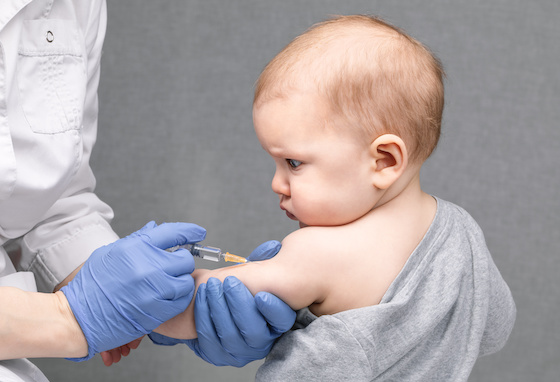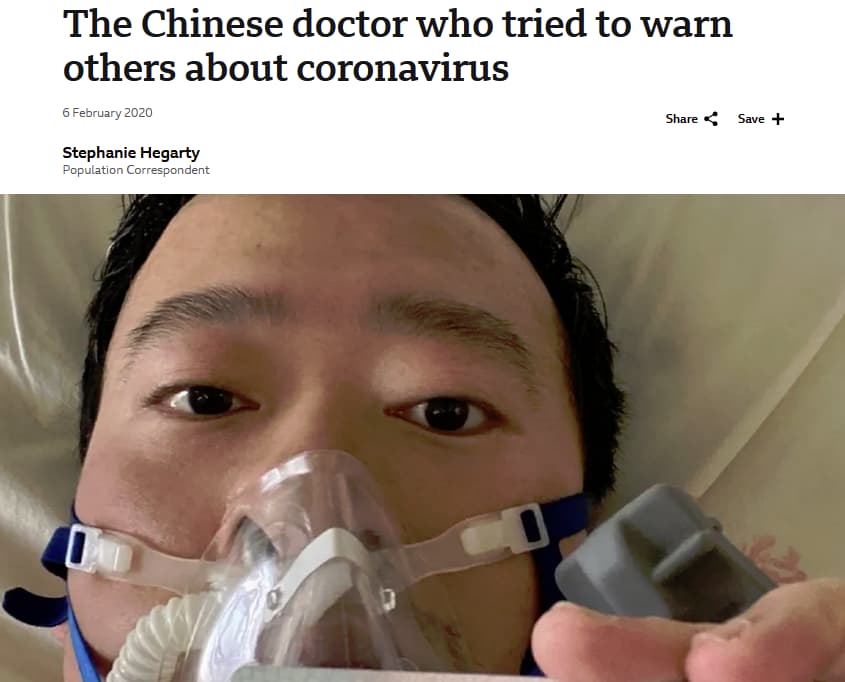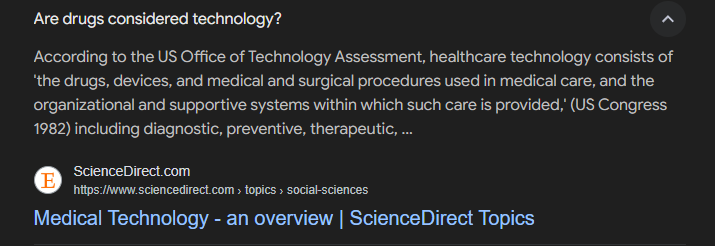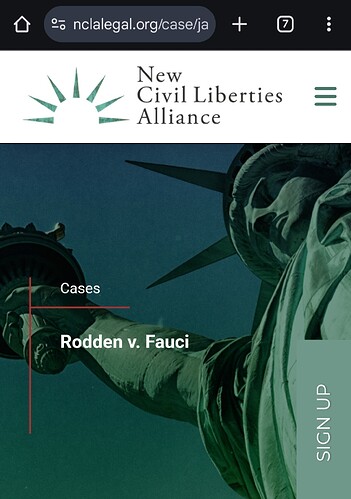Crap source. Or more accurately, crap article. Author has been in the workforce for less than 3 years.
Nothing to do with mRNA, which is a proven safe medical intervention.
This article is clickbait, you can tell by the fake image of the kid scared of getting a vaccine.
Millions of children under 2 never developed polio because of “trials”.
Over 100,000 kids under 5 die from RSV globally every year.

So, two kids died in the 60’s, and 5 kids in this study actually got RSV even though they got “the jab”.
Any article using the term “jab” is suspect. That’s not a scientific term.
As an FDA advisory committee (adcom) gears up for a discussion later this week on the safety of testing respiratory syncytial virus (RSV) vaccines in children, briefing documents released ahead of the meeting have shed more light on why Moderna discontinued paediatric development of an mRNA candidate in September.
Research on paediatric RSV vaccines has been limited since an experimental formalin-inactivated RSV jab led to two toddler deaths in the 1960s, which were linked to vaccine-associated enhanced respiratory disease (VAERD) — a rare phenomenon characterised by severe, atypical disease symptoms in an individual who becomes infected after being previously vaccinated against that specific pathogen.
Since then, the FDA has instituted safeguards to limit the risks when testing RSV vaccines in children, and in 2023 allowed Moderna to move forward with the Phase I mRNA-1365-P101 trial.
Severe symptoms
The study enrolled children between the ages of 5 months and two years to receive either mRNA-1345, an RSV-specific jab, or mRNA-1365, an RSV/human metapneumovirus (hMPV) combination vaccine, or placebo.
While mRNA-1365-P101 is still listed as active on ClinicalTrials.gov, Moderna disclosed during its R&D day earlier this year that it has halted development of mRNA-1345 for infants under two, citing “emerging clinical data.”
Stay on top of critical developments in top fields of interest. Learn more.
Sponsored by FirstWord Pharma
The FDA’s briefing documents revealed that the trial was paused in July after two vaccinated infants tested positive for RSV and contracted a severe lower respiratory tract infection (LRTI).
According to the report, Moderna identified potential RSV VAERD in infants 5 months to <8 months of age in association with the two experimental jabs “as an emerging safety signal with significant impact on the benefit-risk profile,” which was then elevated to an “important potential risk” on August 12.
In total, two children who received mRNA-1345 and three who received mRNA-1365 progressed to severe or very severe LRTI in the study’s Part B, versus one infant who received placebo. One participant in Part A who received mRNA-1365 also experienced a severe infection, while none in the placebo group had such symptoms.
Safety conversation
While the adcom won’t specifically discuss Moderna’s experimental RSV vaccines, participants will be asked whether the results of mRNA-1365-P101 indicate “a potential safety concern more broadly applicable to the evaluation of RSV vaccine candidates in infants and toddlers.” The panel will also cover whether the risks of paediatric studies apply equally to different modalities, including mRNA, live-attenuated, viral-vectored and protein vaccines.
The committee members will also be asked whether any additional non-clinical and clinical safeguards or precautions should be instituted when evaluating RSV vaccine candidates in infants and toddlers.






